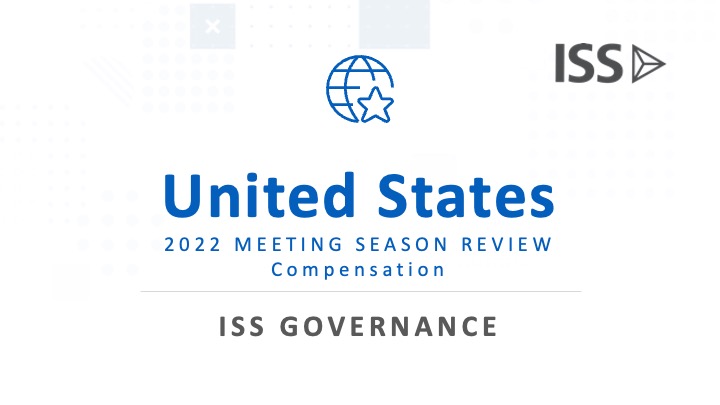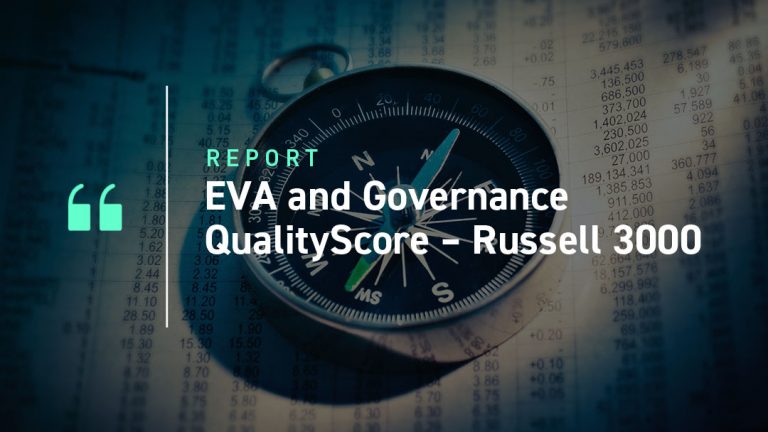Below are key takeaways from ISS’ recently released 2022 U.S. – Compensation Proxy Season Review. The full report is available to institutional subscribers by logging into ProxyExchange then selecting the Governance Exchange and its Report Center tab and to corporate subscribers by logging into Governance Analytics then selecting the Governance Exchange and the Report Center tab.
- CEOs received record high pay increases, but this was met with record levels of shareholder opposition. Continuing CEOs in the S&P 500 and Russell 3000 experienced record-high pay increases, resulting in all-time high median CEO pay packages at both indices. Meanwhile, median say-on-pay vote support has declined each year since 2018 and was at an all-time low in 2022. The percentage of companies with failed say-on-pay votes increased to 3.2 percent, up from 2.6 percent in 2021, representing the highest failure rate since say-on-pay votes began in the US.
- There were fewer one-time pay program adjustments in “year two” of pandemic-era disclosures. Companies entered a new normal for this second year of pay decisions under pandemic conditions, and there were fewer one-time program adjustments and other discretionary actions as compared to the prior year.
- Prevalence and payouts of formal performance-based bonuses increased. The use of discretionary CEO bonuses decreased in both the S&P 500 and Russell 3000, as many companies returned to more formulaic annual incentive structures for 2021. Larger bonuses were a key contributor to the increase in median CEO pay levels.
- Shareholder opposition to golden parachutes increased as the values of change-in-control payments swelled. The median value of CEO golden parachute payments jumped by more than 50 percent. Shareholders took notice, as the proposal failure rate more than doubled and tied the all-time high opposition level.
- The number of equity plans on ballots declined while the percentage of plans containing problematic provisions increased. There were fewer equity plans on ballots during the 2022 proxy season than in the prior year and those plans received lower levels of support. The prevalence of problematic provisions in equity plans also increased.
- Companies continue to improve disclosure around non-employee director pay. A greater proportion of companies disclosed a reasonable rationale for outlier director pay. Approximately 80 percent of companies disclosed a sufficient rationale for high non-employee director pay, up from 73 percent in the prior year.
If you are not a subscriber, please contact sales@issgovernance.com (for institutional investors) or contactus@isscorporatesolutions.com (for corporations) to learn more about accessing bespoke governance research.
By: Jolene Dugan, Rachel Hedrick, David Kokell, Kevan Marvasti, Chris Scoular, Galen Spielman, and Liz Williams




